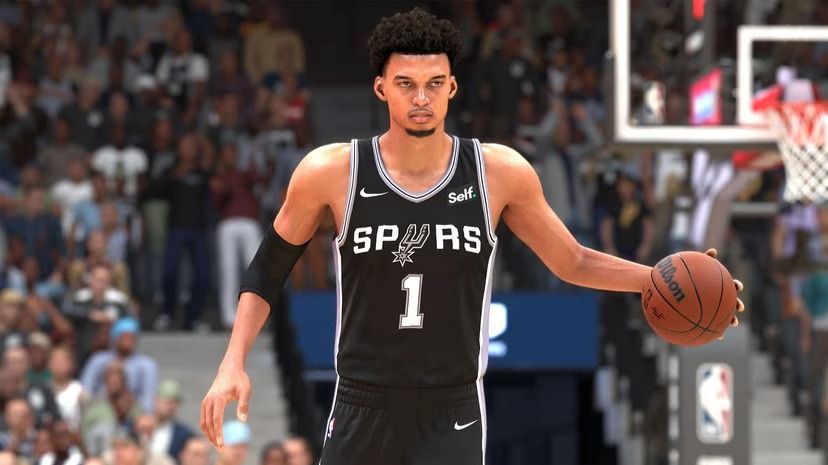Video game publisher Take-Two Interactive Software has recently delivered a forecast for fourth-quarter bookings that has fallen short of market expectations, resulting in a significant decline in its shares. The company attributed this disappointing outlook to weaker demand for its gaming titles, such as NBA 2K, citing factors such as lower consumer spending and intense competition from rivals like Electronic Arts and Microsoft-owned Activision Blizzard.
The company projected fourth-quarter bookings to range between $1.27 billion to $1.32 billion, which is significantly below analysts’ expectations of $1.51 billion. Additionally, it revised its full-year bookings estimate to a range of $5.25 billion to $5.30 billion, down from its previous forecast of $5.45 billion to $5.55 billion.
Analyst Michael Pachter from Wedbush Securities noted that the forecast cut primarily stemmed from the shift of a game out of the fiscal year, suggesting a limited impact on the company’s long-term prospects. However, investors were disappointed by Take-Two’s updated projection for fiscal 2025, which now stands ‘a little above $7 billion for net bookings, down from last year’s revised forecast of under $8 billion. This downward revision dashed hopes of a boost from the anticipated release of ‘Grand Theft Auto VI’ in 2025.
The company’s third-quarter net bookings declined by 3 per cent to $1.34 billion, matching analysts’ estimates. CEO Strauss Zelnick attributed the performance to strong showings from games like “GTA Online” and the “Red Dead Redemption” series, offset partially by softness in mobile advertising and sales of “NBA 2K”. On an adjusted basis, Take-Two earned 71 cents per share, slightly below estimates of 72 cents.
Opinion:
The disappointing forecast and downward revision in projections for fiscal 2025 may cause concern among investors and industry observers. It’s evident that the gaming industry is highly competitive, and companies like Take-Two Interactive Software are not immune to the challenges posed by shifting consumer preferences and intense competition from rivals.
The lower demand and weaker consumer spending mentioned by Take-Two could indicate broader trends in the gaming industry, with consumers being more selective about the titles they choose to invest in. This could prompt the company to reassess its marketing and development strategies to resonate better with its target audience. Furthermore, the anticipation for the release of ‘Grand Theft Auto VI’ as a potential booster for the company’s prospects highlights the significance of blockbuster game releases in driving revenues and investor confidence.
Overall, while the near-term outlook may seem challenging for Take-Two Interactive Software, it’s important to consider the company’s long-term potential and its ability to adapt to the evolving gaming landscape. As the industry continues to evolve, companies will need to remain agile and innovative in order to stay ahead in the highly competitive market.


